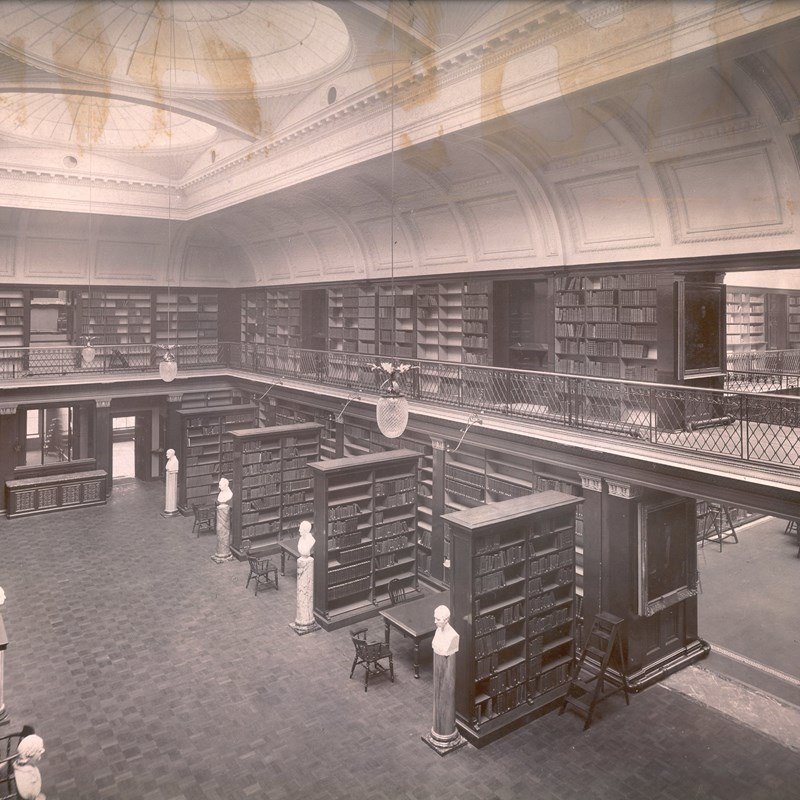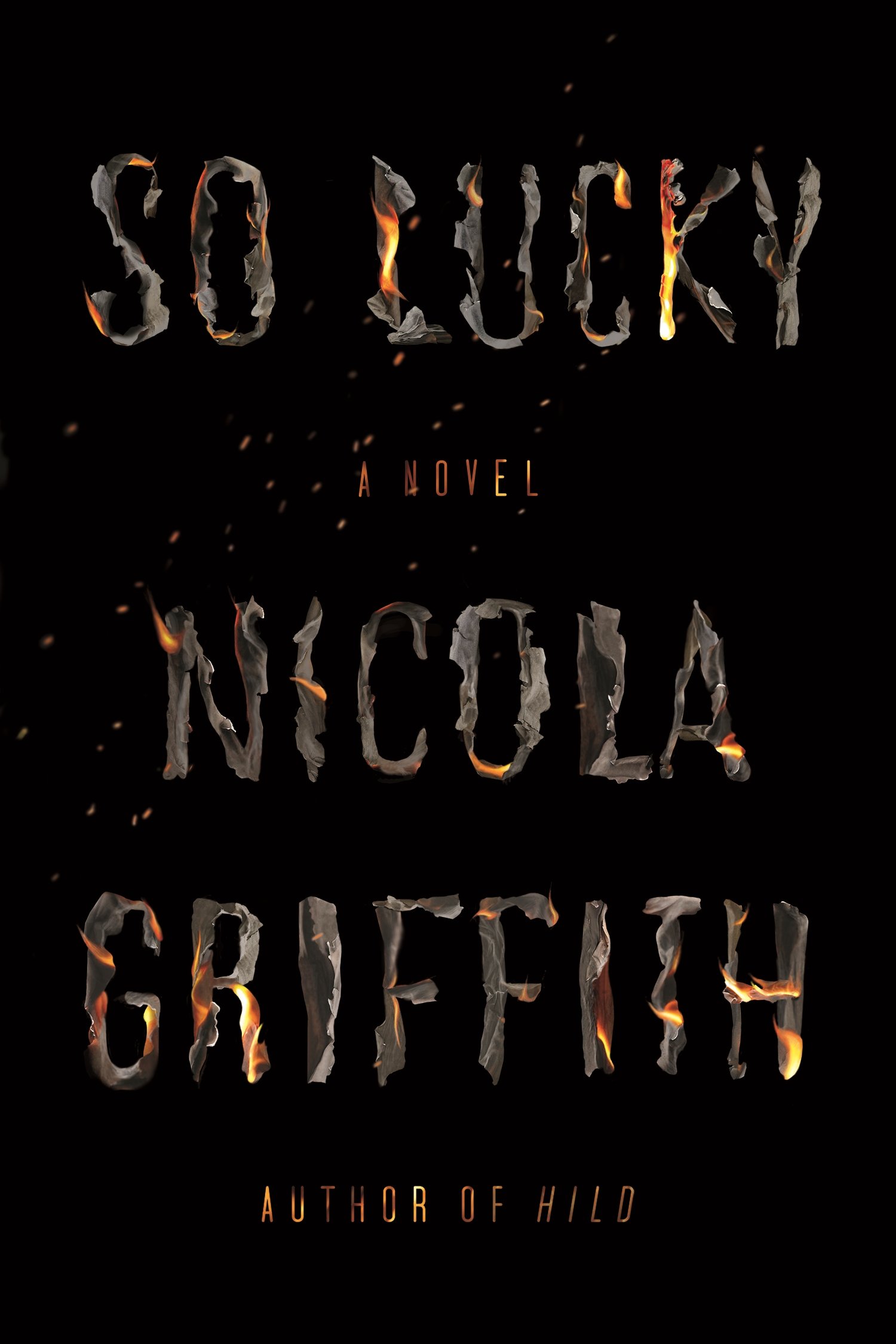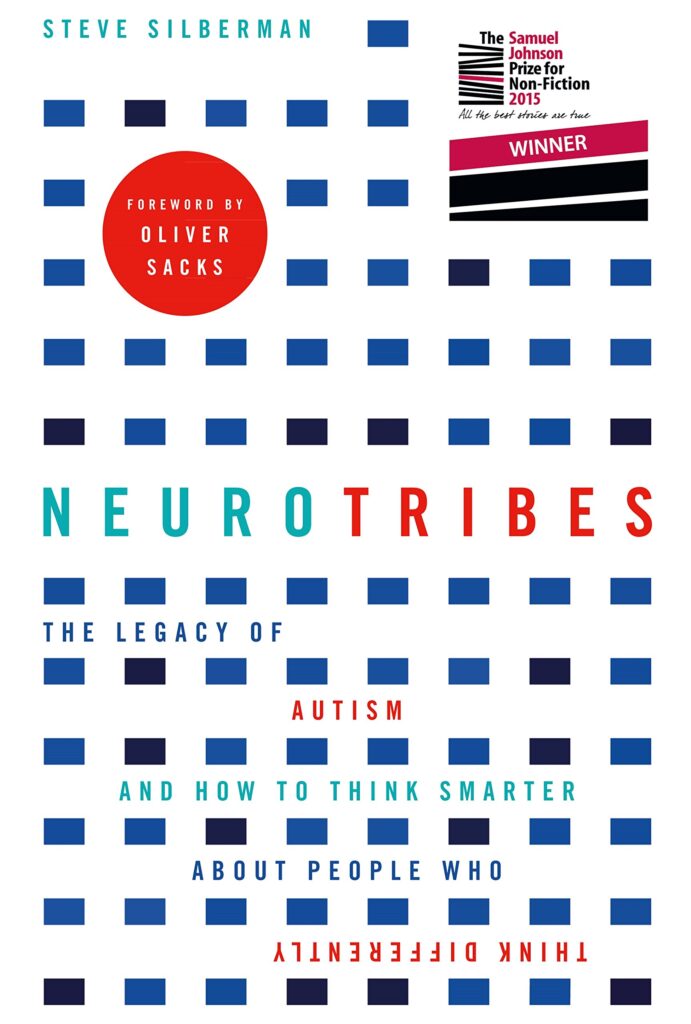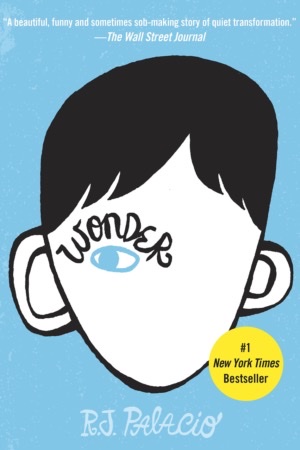18th November – 20th December

So Lucky
Mara Tagarelli is on top of her world. She’s the head of a multimillion-dollar AIDS foundation, an accomplished martial artist, and happily married. She has never met a problem she can’t solve — until suddenly she can’t solve any of them. In a single week her wife leaves her, she is diagnosed with multiple sclerosis, and she loses her job.
Now everything begins to feel like a threat. At first, she thinks it’s just her newfound sense of vulnerability. Then she realises the threat of violence is real, deadly, and heading straight for her.
Nicola Griffith’s So Lucky is fiction from the front lines, incandescent and urgent, a narrative juggernaut that rips through sentiment to expose the savagery of the experience of becoming disabled and dismissed.
Neurotribes: The Legacy of Autism and How to Think Smarter About People
Who Think Differently
What is autism: a devastating developmental condition, a lifelong disability, or a naturally occurring form of cognitive difference akin to certain forms of genius? In truth, it is all of these things and more – and the future of our society depends on our understanding it.
Following on from his groundbreaking article ‘The Geek Syndrome’, Wired reporter Steve Silberman unearths the secret history of autism, long suppressed by the same clinicians who became famous for discovering it, and finds surprising answers to the crucial question of why the number of diagnoses has soared in recent years.
Going back to the earliest autism research and chronicling the brave and lonely journey of autistic people and their families through the decades, Silberman provides long- sought solutions to the autism puzzle while casting light on the growing movement of ‘neurodiversity’ and mapping out a path towards a more humane world for people with learning differences.
Wonder
‘My name is August . I won’t describe what I look like. Whatever you’re thinking, it’s probably worse.’
Auggie wants to be an ordinary ten-year-old. He does ordinary things – eating ice cream, playing on his Xbox. He feels ordinary -inside. But ordinary kids don’t make other ordinary kids run away screaming in playgrounds. Ordinary kids aren’t stared at wherever they go.
Born with a terrible facial abnormality, Auggie has been home-schooled by his parents his whole life. Now, for the first time, he’s being sent to a real school – and he’s dreading it. All he wants is to be accepted – but can he convince his new classmates that he’s just like them, underneath it all?
Disability Visibility: First-Person Stories from the Twenty-First Century
According to the last Census, one in five people in the United States lives with a disability. Some are visible, some are hidden but all are underrepresented in media and popular culture. Now, just in time for the thirtieth anniversary of the Americans with Disabilities Act, activist Alice Wong brings together an urgent, galvanising collection of personal essays by disabled people in the 21st century.
From Harriet McBryde Johnson’s account of her famous debate with Princeton philosopher Peter Singer over her own personhood, to original pieces by up-and-coming authors like Keah Brown and Haben Girma; from blog posts, manifestos, eulogies, testimonies to Congress, and beyond: this anthology gives a glimpse of the vast richness and complexity of the disabled experience, highlighting the passions, talents, and everyday lives of this community. It invites readers to question their own assumptions and understandings. It celebrates and documents disability culture in the now. It looks to the future and past with hope and love.
A really well written article, and one that is much more important now than it really should be!




A wonderfully informative article on a very important topic, by a dear friend of mine. Shame as a pressing issue…